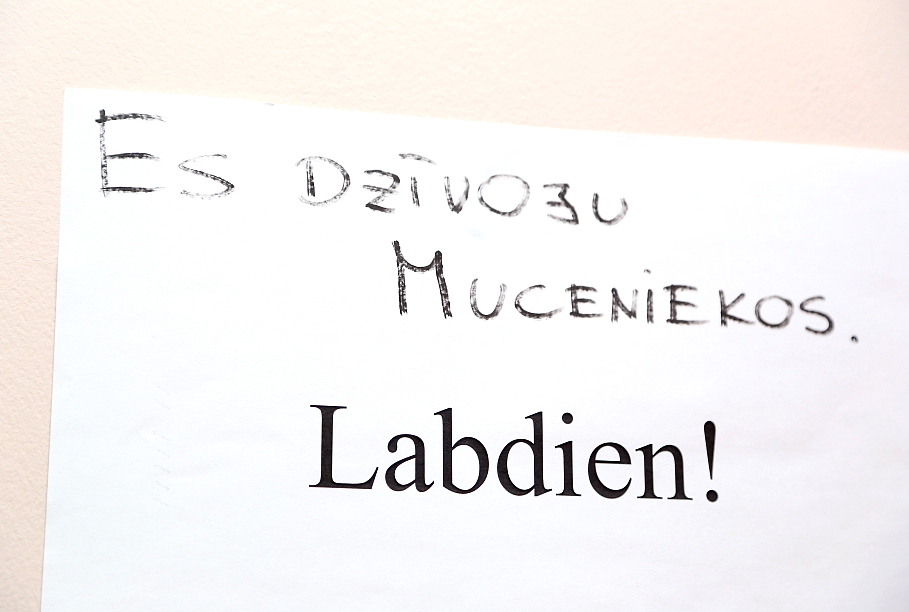The Red Cross explains their leaving with a false impression over the quality of life in Latvia.
Latvia's Red Cross has worked with 63 people who've arrived to Latvia under the EU relocation scheme or crossed the border illegally. According to the organization, the biggest problem is finding them a job.
"Employers are very forthcoming – we have a large list of employers offering jobs," said Uldis Līkops, head of Latvia's Red Cross. However so far only two refugees have been hired officially, both as interpreters.
The Red Cross says so few can find jobs because of insufficient language proficiency, differences in work culture and the desire to retain the status they had in their home country.
"Their professions are very diverse – there are teachers, doctors, many entrepreneurs. Maybe that's what hinders them to start from scratch," said mentor Raimonda Jākobsone.
However mentors are able to find a place to live for everyone who's been granted a refugee status, while children from these families have been sent to school or are waiting in line for kindergarten. "And when all of this has been achieved, it's often the case that a month passes and [they say] 'Goodbye!'," said Jākobsone.
According to Red Cross data, 45 people have been legally recognized as refugees, but only 20 have remained in Latvia.
"They were flabbergasted that not all EU countries are a like, that Latvia is not so rich. They didn't know that before or hadn't been told that before, even though we always tell them when we meet them - that Latvia is different," said Līkops.
Latvia has agreed to admit 531 refugees from Italy and Greece over two years under the EU relocation scheme.





























